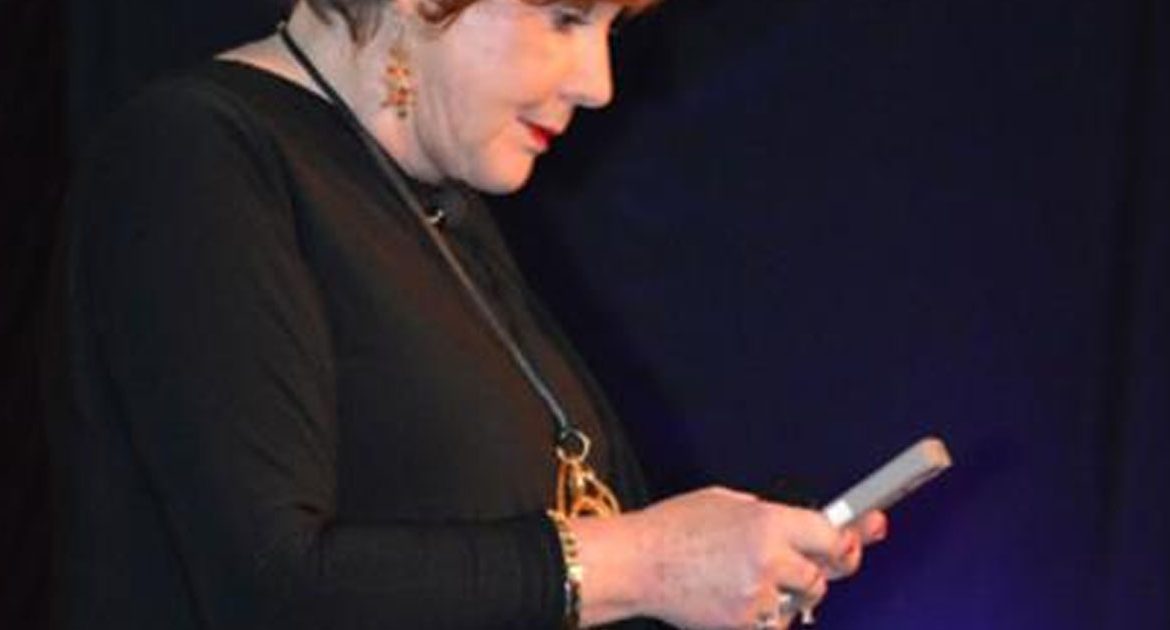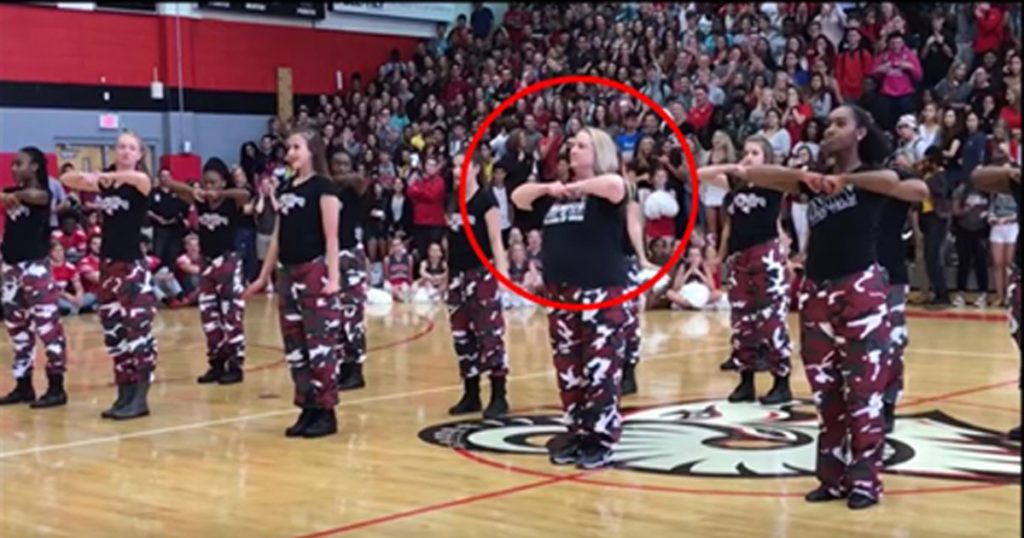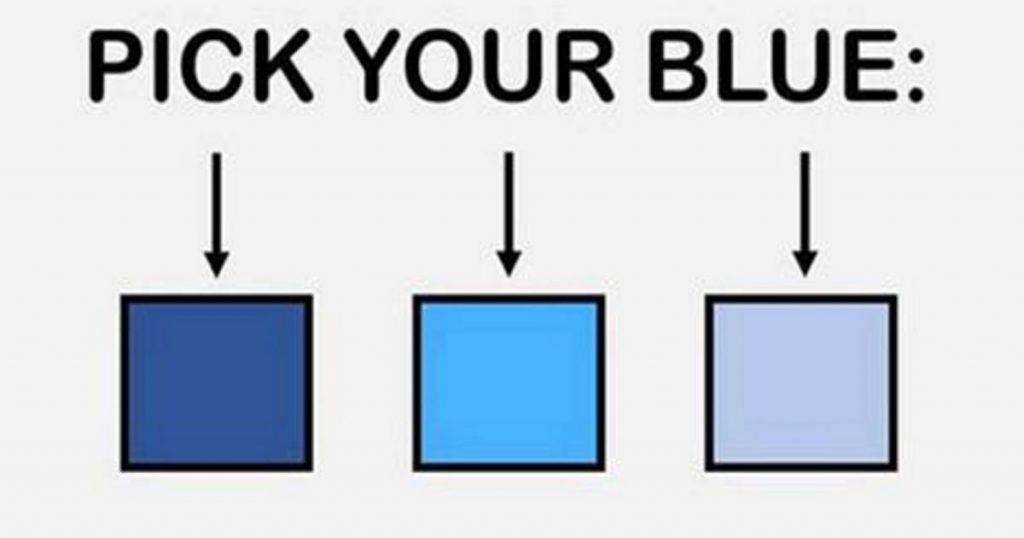Phone scams are nothing new. But scammers know that eventually people catch on to their ploys. And that’s when they have to get creative and come up with something new to separate people from their hard-earned cash. The latest phone scam going on right now, and the government is terrified that citizens are going to be abused, has to do with a phone number very familiar to you – your own number. If you receive a call from your own phone number, DO NOT ANSWER the call. The government is urging people to avoid this call no matter how curious you are because it is a scam for certain. One man on Instagram named Smith Getterman wrote “Was just on my office phone when my cell started ringing… Am I being haunted?” The man took a screen shot of his phone which said that the call from “Me” came in at 3:03pm on Thursday September 14. That means this scam is going on right now. Learn more about how this phone scam could capture your personal information if you answer it.
Besides Getterman, other people are getting calls from themselves – and it is happening all over the United States. The government is trying to protect citizens, but they can’t do much. That’s why they’re trying to empower each individual with knowledge – so you know better than to answer a phone call from your own number.
While some people know better than to answer the call from themselves, others fall right into the trap.
Donny Claxton got a call from himself recently and he told WFAA just what it was like:
“My phone starts ringing and at that hour of the night, you are alarmed at who is calling you. […] I look at the phone, and it’s me and I am looking. How am I calling myself? And I look at my phone. And there is no one there. And then it hangs up.”
Claxton is among thousands getting scammed with this newfangled ploy.
Anson Massey, from Waco, Texas, was just hit with it recently and spoke to KXXV about the horror.
“I picked it up, and there was a voice on the other end, and it said my account had been compromised through AT&T.”
Although Massey was tricked into answering, he knew something was up. He “thought it was odd. We get those all the time but not from my own number.”
That’s when he decided to do something smart – he recorded the call so he could report it to the government.
“Your account has been flagged for security purposes. After the tone, please enter the last four digits of the primary account holder’s social security number.”
After hearing that, Massey knew that he shouldn’t give it up. Instead he called AT&T and asked about the call. They confirmed that he was dealing with a scammer.
The scam is known as spoofing. And it’s happening all over America.
Better Business Bureau’s Phylissia Landix told WFAA, “Spoofing is when someone who shouldn’t have it will take a computer program that will disguise a telephone number, and you will get a phone call from what it looks like yourself. The longer time you spend on that phone, the greater chances they can get something done and insert the fraudulent charge.”






